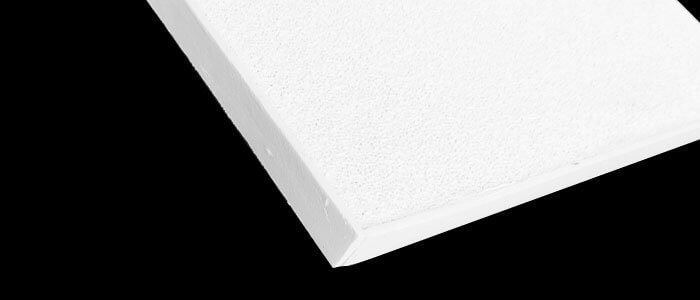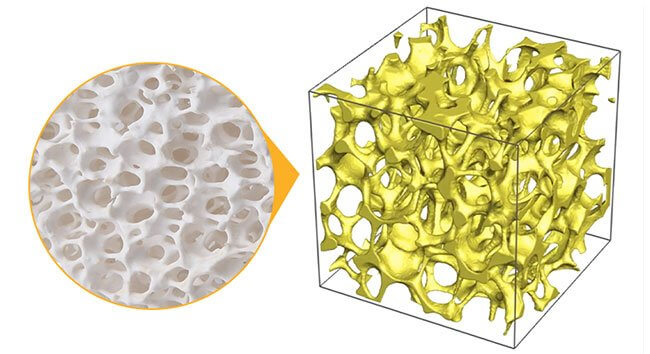Introduction
Aluminium alloy casting is a widely used manufacturing process in various industries, including automotive, aerospace, and construction. The process involves pouring molten aluminium into a mould, allowing it to solidify, and then extracting the desired component. To achieve high-quality castings with improved mechanical properties, the incorporation of different metals into aluminium is crucial. These metal mixtures, known as alloys, can alter the material’s characteristics, making it stronger, more durable, and resistant to corrosion. Furthermore, the use of alumina filters during the production of these alloys plays a vital role in controlling the size and distribution of pores within the casting, ultimately leading to exceptionally high-quality finished products.

Aluminium Alloys: Diversifying Properties
Aluminium is a highly versatile metal with numerous desirable qualities, such as its lightweight nature, excellent thermal and electrical conductivity, and corrosion resistance. However, its pure form may not possess the specific mechanical properties required for certain applications. To address this limitation, engineers and metallurgists combine aluminium with various metals to create alloys with a wide range of properties. Commonly used metals in aluminium alloys include copper, zinc, magnesium, silicon, and manganese.
Each metal addition brings distinct characteristics to the alloy, resulting in a unique combination of strength, hardness, ductility, and thermal conductivity. For instance, copper enhances strength and corrosion resistance, while magnesium improves the alloy’s workability and weldability. The ability to tailor the properties of the alloy to suit specific needs makes aluminium alloys an ideal choice for diverse applications.
Role of Alumina Filters
During the casting process, impurities and gas bubbles can form within the molten aluminium, which might lead to defects in the final casting, such as porosity and shrinkage. Alumina filters act as essential components in the casting process by effectively removing these impurities and gas particles, ensuring a high-quality end product.
Alumina filters are made of porous ceramic material, mainly composed of aluminium oxide (Al2O3). They are strategically placed in the gating system or mould cavity, allowing molten aluminium to pass through while trapping unwanted solid impurities and gas bubbles. The filters function as a barrier, preventing these impurities from reaching the casting, thus minimizing the occurrence of defects.

Varied Sizes and Pore Sizes
The alumina filters used in aluminium alloy casting are available in different sizes and pore sizes. The choice of filter size and porosity depends on several factors, including the type of alloy being cast, the size of the casting, and the desired mechanical properties. Coarser filters with larger pores are suitable for larger castings or alloys that are less sensitive to defects, while finer filters with smaller pores are employed for smaller, intricate castings or critical applications where porosity must be minimized.
High-Quality Castings
The effective use of alumina filters in aluminium alloy casting plays a crucial role in ensuring high-quality castings. By removing impurities and gas bubbles, these filters contribute to the overall integrity of the casting, reducing the risk of defects and enhancing mechanical properties. The result is a casting that meets strict quality standards and is fit for the intended application.
Conclusion
Aluminium alloys for casting have revolutionized modern manufacturing by offering an array of desirable properties. The incorporation of various metals allows engineers to tailor the material to meet specific application requirements. To ensure that the castings produced are of the highest quality, alumina filters are employed during the casting process. These filters, available in different sizes and pore sizes, effectively remove impurities and gas bubbles from the molten aluminium, resulting in flawless castings with improved mechanical properties. As the demand for high-performance components grows, the significance of aluminium alloys and alumina filters in the casting industry will continue to play a pivotal role in shaping our world.


